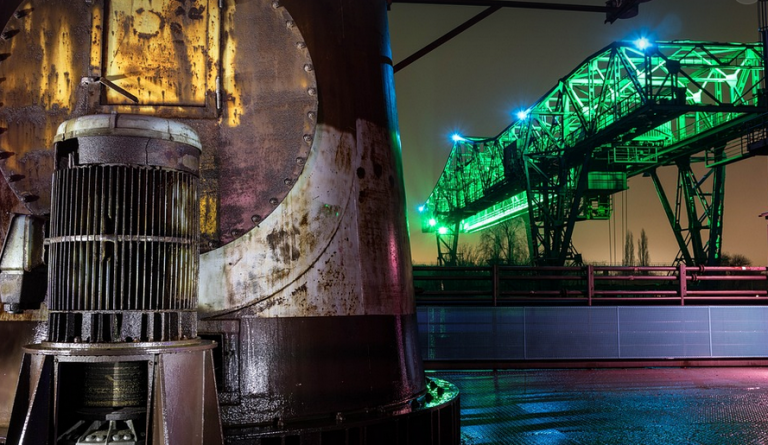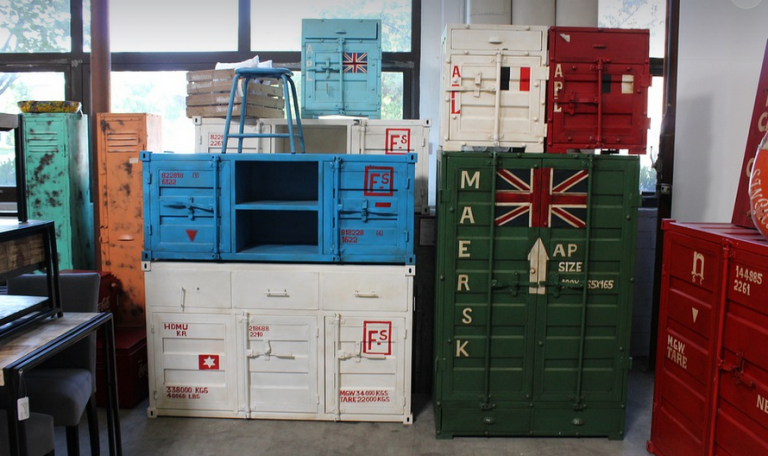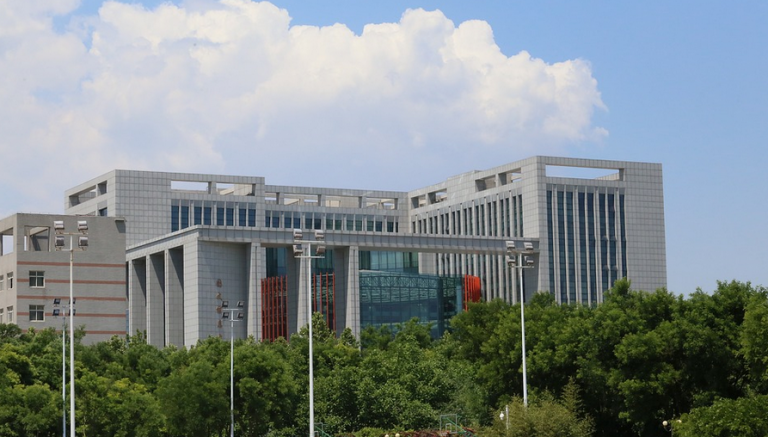
Simple Steps for a Cleaner Lowell
Living in Lowell, Massachusetts means enjoying a vibrant city with rich history and bustling community life. However, amidst all the excitement of urban living, managing waste effectively is an ongoing challenge. Luckily, Lowell has a robust recycling program designed to help residents navigate their trash disposal responsibly and contribute towards a greener future.
Understanding the Basics
At its core, recycling in Lowell aims to minimize landfilling by transforming recyclable materials into reusable resources. This process involves sorting out different types of waste and sending them to specific processing facilities where they are transformed or repurposed.
Understanding the basics of the program is crucial for maximizing your impact. It’s not just about tossing things in the blue bin; it’s about knowing what goes where. This understanding helps us make informed decisions about our consumption habits and ensures that the right materials end up in the right hands.
The Recycling System: What Goes Where
Lowell’s recycling program typically involves a simple system of sorting trash into designated categories. The most common categories include paper, cardboard, plastic bottles and containers (look for the number on the bottom!), glass, metal cans, and batteries.
The key to effective recycling lies in understanding the “number” system. Most recyclables have a number stamped on their bottom. These numbers represent different types of plastic and materials:
- **PET (Polyethylene Terephthalate):** Commonly found in bottles like soda, water, and juice.
- **HDPE (High-Density Polyethylene):** Used for milk jugs, shampoo bottles, and detergent containers.
- **LDPE (Low-Density Polyethylene):** Known for its flexibility and used in plastic bags, wrap, and frozen food containers.
- **PP (Polypropylene):** Commonly found in yogurt containers and takeout containers.
- **Other categories:** Glass bottles and jars, aluminum cans, cardboard boxes.
Beyond the Blue Bin: Special Materials and Initiatives
While sorting your paper, plastic, glass, metal containers, and batteries is a staple of Lowell’s recycling program, there are even more options for responsible disposal. Special materials like electronics and hazardous waste require specific handling.
Lowell has special bins for electronic waste (e-waste) and battery recycling. These initiatives help prevent toxic substances from ending up in landfills.
Furthermore, the city of Lowell continues to explore innovative solutions and further expand their recycling program. These include composting programs that transform organic materials like food scraps into valuable fertilizer for our gardens and farms.
The Environmental Impact: A Collective Effort
Recycling is about more than just sorting waste; it’s about a deeper commitment to protecting the environment. Every recyclable item diverted from landfills helps reduce greenhouse gas emissions, conserve precious natural resources, and reduces air and water pollution.
When we recycle, we do our part in tackling climate change. Plastic production consumes vast amounts of energy and contributes significantly to greenhouse gases. By choosing to recycle plastic, you’re helping reduce the environmental impact of this industry.
Getting Involved: A City-Wide Approach
Lowell’s commitment to recycling extends beyond individual actions. The city itself plays a vital role in fostering an understanding of sustainable practices and creating convenient access for residents. This includes:
- **Public awareness campaigns:** Through informative educational materials, workshops, and community events.
- **Convenient recycling drop-off centers:** Offering easy access to facilities that allow residents to dispose of items like electronics and batteries.
- **Community partnerships:** Collaborative initiatives with businesses and schools to promote and facilitate responsible waste management.
The Future: A Sustainable Legacy for Lowell
Lowell’s recycling program is a testament to the city’s commitment to environmental responsibility. As we continue to evolve, it is crucial to stay informed about new initiatives and technologies that enhance the program. It also allows us to learn from other cities and organizations whose efforts inspire us to create even more sustainable solutions in Lowell.
The journey towards a truly sustainable future requires collective effort and ongoing commitment. By understanding Lowell’s recycling program, residents play a role in shaping the city’s environmental legacy for generations to come.



